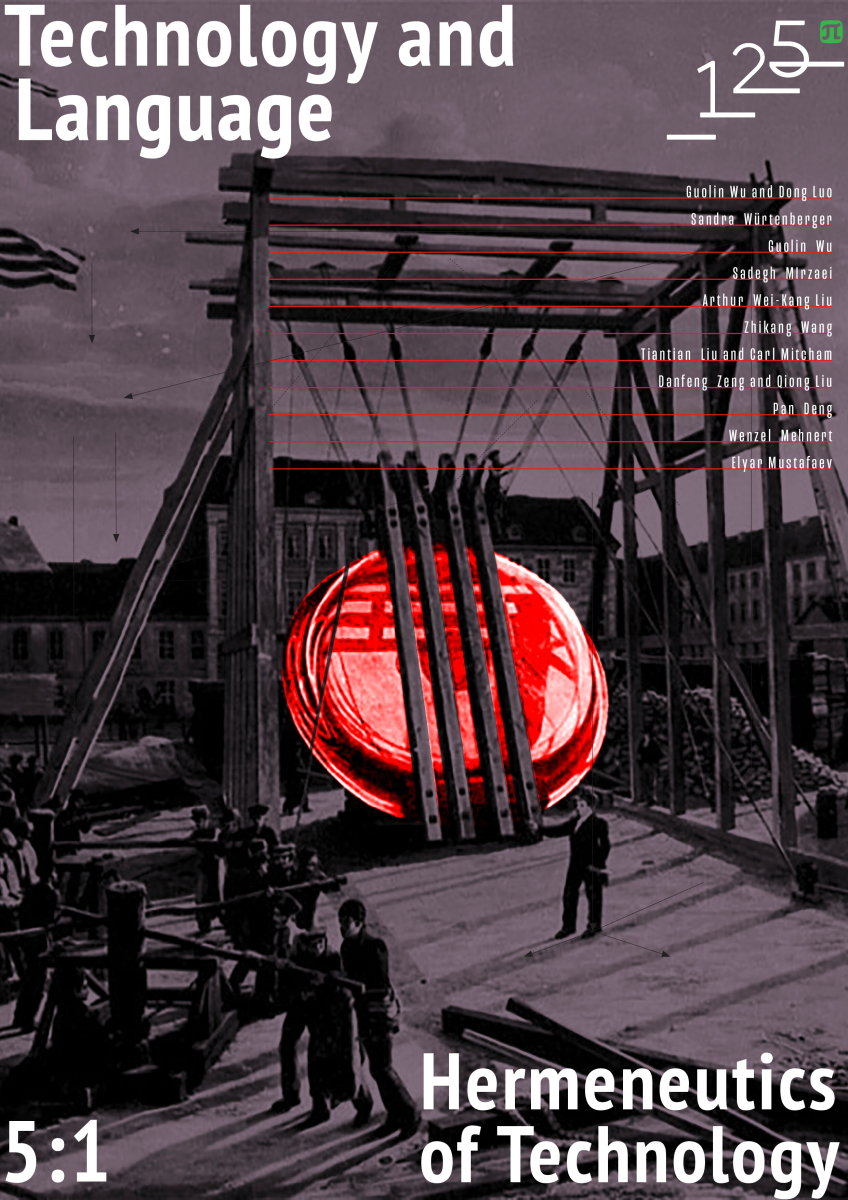Ontolytic Writing of the Future
Visions of the future in the face of advancing scientific and technological developments are arguably as old as technological progress itself. In recent decades, however, and through new and emergent technologies such as nanotechnology or synthetic biology such writing of the future has increasingly taken on a quality that is more than merely imagining possible futures or extrapolating current developments. This is a writing of the future that can unravel the weave of the present – it is ontolytic writing. In order to illuminate ontolytic writing and what it means, we will first take a look at the phenomenon of the future tense II – how it represents a time loop through which an observer views the present from a position of the future and, in this act of viewing, ‘determines’ what of it will have been important. In a next step, parallels are drawn to prophetic speech that predicts a future and thereby rewrites the present. Then, through a look at the theory of science fiction literature, particularly Darko Suvin, this influence of the future narrative on the present is framed as ontolytic. Ontolysis is embedded in other concepts from science fiction theory, primarily estrangement, the notion of the novum, and chronotope. Using some examples of technovisionary texts, it is shown that this ‘diagnosis’ is transferable from Science Fiction literature to all other kinds of technovisionary narratives. The paper concludes with basic considerations about the kind of ontology that can be used to further elucidate the concept of ontolysis.



